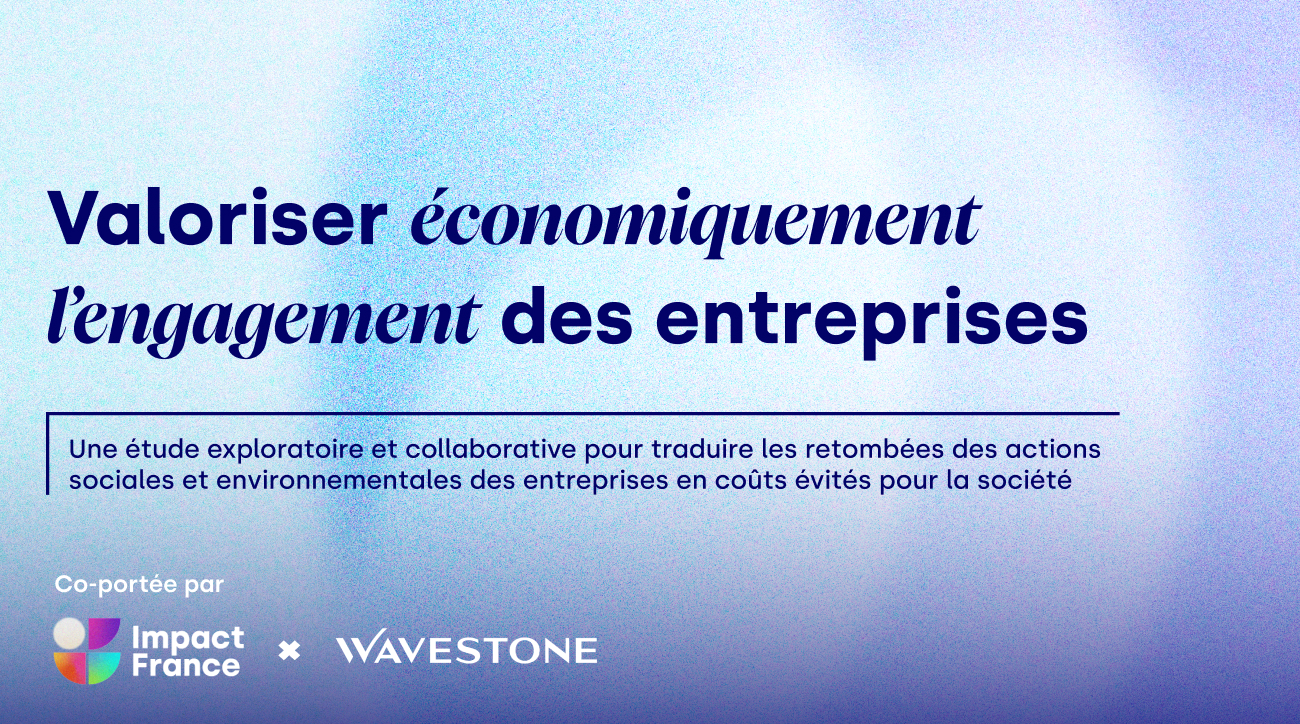CSRD: We've run out of time to slow down the behavioral transition of companies.


The Corporate Social Responsibility Reporting Directive (CSRD) is one of the flagship texts of the Green Deal. Adopted in 2022, it aims to make companies more responsible by requiring them to disclose their impact on people and the planet, but also to make it easier to direct funding towards more sustainable investments.
Implementation of the CSRD, which will begin in 2024, will be phased in over time: as unlisted SMEs and micro-businesses are excluded from the scope of application, the text is expected to apply :
The 2013 European Accounting Directive sets the thresholds for these categories. As it stands, therefore, the CSRD applies to :
A coherent scope of application, enlarged in comparison with the NFRD, which should oblige some 50,000 companies operating on the continent to comply with the new extra-financial reporting obligations. A step towards a more responsible European economy.
During her State of the Union speech, Ursula von der Leyen presented the Commission's first legislative proposals for the new year, including the objective of reducing reporting obligations by 25% for SMEs. Among the avenues to be explored is the revision of the 2013 European Accounting Directive to raise the above-mentioned thresholds. This would have a concrete impact on the CSRD, and could exclude companies with fewer than 500 employeesand therefore several thousand companies, from the scope of the aforementioned directive.
The consequences of such a decision would be immense for the future of the CSRD: in addition to penalizing the thousands of companies that have already begun to reorganize their activities to meet the new standards of the text, it would considerably reduce the impact of the directive's implementation. It would therefore be a major step backwards towards the emergence of a more virtuous economy.
Yet the major challenges of our time deserve clear, ambitious answers. At a time when crises are multiplying and becoming increasingly visible (fires, floods, etc.), postponing the transition of societies constitutes a major risk for life itself, which will ultimately impact on the profitability of companies, as the European Central Bank (ECB) reminded us a few days ago.
Consequently, the need for companies to take account of the challenges posed by global warming, the crossing of planetary limits, inclusion and respect for human and social rights should not be seen as a bureaucratic hassle, but rather as an opportunity to converge towards a fairer, more sustainable European economy, at the service of mankind and the living world.
And in this respect, the CSRD, as adopted in 2022, remains a major step towards this goal, a first step that will need to be followed by further incentives to accelerate the transition of Europe's economic fabric. There's still a long way to go, so this is anything but the time to slow down.
Philippe Zaouati, Spokesman Europe for Mouvement Impact France :
"The CSRD is a fundamental text for making companies more responsible and accelerating their transformation. As the ECB demonstrated at the beginning of September, postponing the transition of our companies makes no sense ecologically or economically, because if investing in transition today is expensive, waiting and postponing these investments even longer will end up costing us much more! We can't afford to slow down: on the contrary, we need to step up our efforts to meet the challenges of our time. In this respect, we call on the European Commission not to go back on the scope of the directive and thus exclude thousands of companies in Europe from the scheme."

